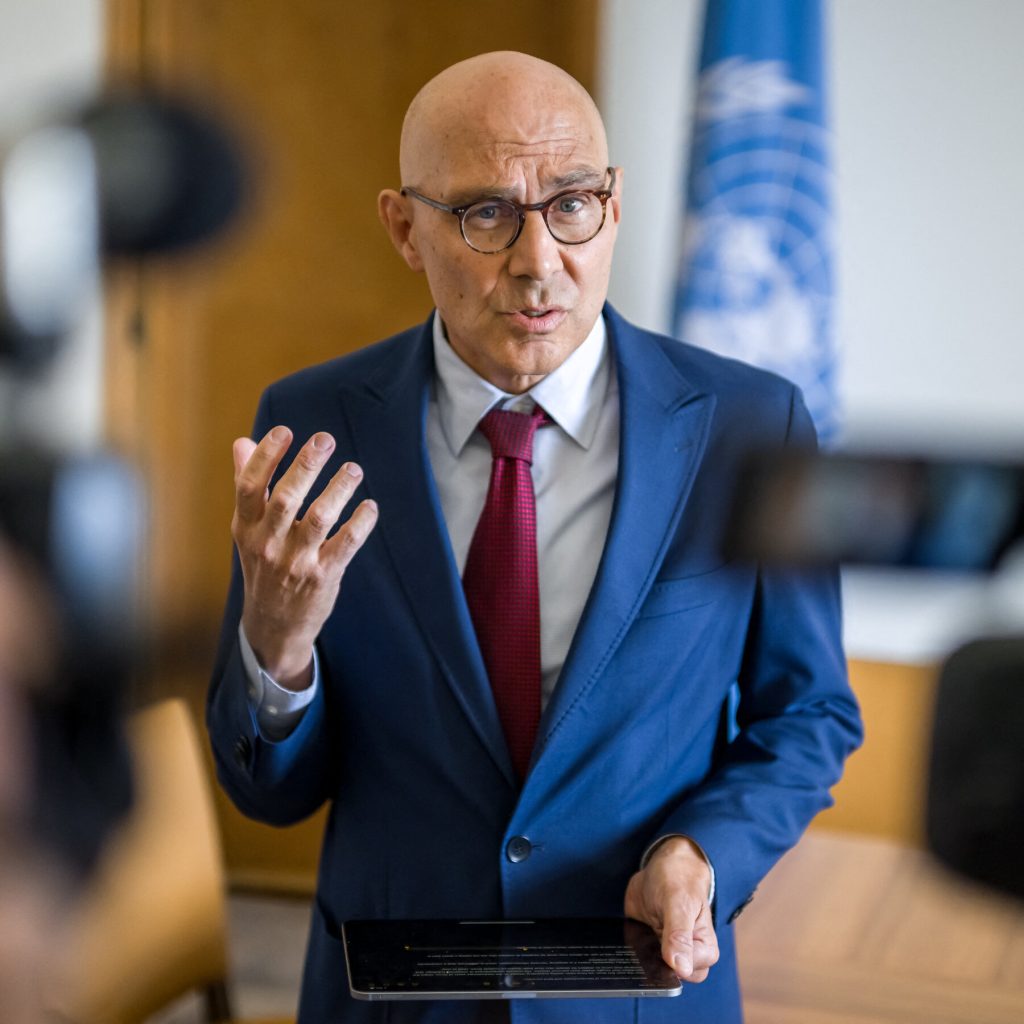U.N. Condemns Deadly Strikes on Boats, Calls for Investigation into Claims of Drug Smuggling

The United Nations’ top human rights official has strongly denounced recent military strikes on boats in the waters off South and Central America, which the U.S. and other countries have claimed are involved in drug smuggling. Michelle Bachelet, the U.N. High Commissioner for Human Rights, expressed deep concern over the lethal attacks, which have resulted in loss of life and raised serious questions about the legitimacy and proportionality of the actions taken.
According to reports, the military operations in question were carried out by several countries, with the United States providing support. The U.S. government, under President Donald Trump, has been vocal about its efforts to combat drug trafficking and has accused certain boats of smuggling narcotics into the region. However, details about the specific incidents and the evidence supporting these claims remain scarce.
Bachelet called for an immediate and thorough investigation into the strikes, emphasizing the need for transparency and accountability. She stressed that any measures taken to combat drug trafficking must be grounded in international law and respect for human rights. The High Commissioner for Human Rights also expressed alarm over the potential for such actions to exacerbate existing challenges in the region, including the humanitarian situation faced by migrants and refugees.
The U.N. human rights chief’s statement underscores growing international scrutiny of the tactics employed in the fight against drug trafficking. Critics argue that the use of military force in this context often leads to unintended consequences, including civilian casualties and the further destabilization of already volatile regions.
As the situation continues to unfold, the international community is watching closely, urging adherence to international law and human rights standards. The call for an independent investigation into the strikes reflects a broader demand for accountability and transparency in the conduct of military operations, particularly those with potentially far-reaching implications for human rights and regional stability.



